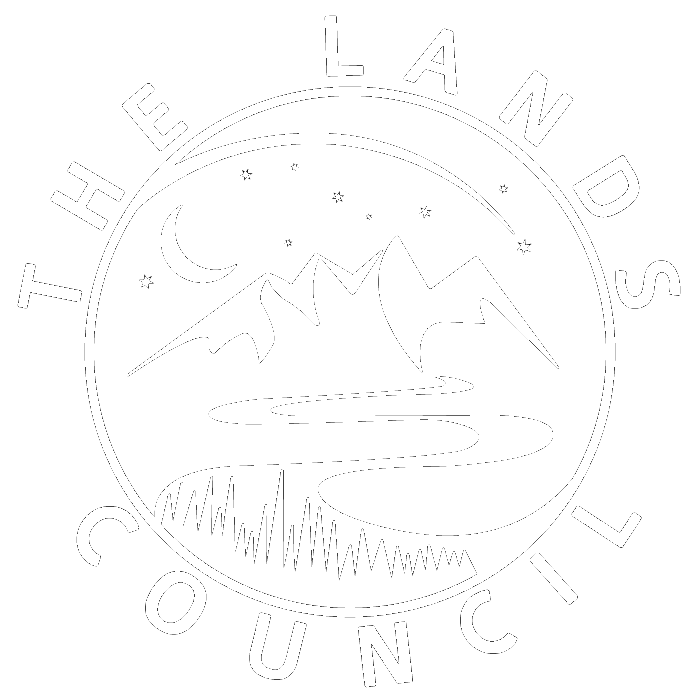Now, for a break from COVID-19 news…
With the arrival of spring, it is again time to celebrate Earth Day. As the 50th Anniversary of Earth Day approaches, it is worth contemplating how action to protect our environment has progressed. In 1970, water, air, and land pollution had become major issues and there was growing public awareness and concern for the environment. This led to a bi-partisan Congress passing a group of environmental laws – the Clean Air Act, Clean Water Act, and National Environmental Policy Act.
As a result, our rivers are cleaner, toxic air emissions are down, and we are slowly cleaning up contaminated sites. However, our warming world is causing longer fire seasons, increased wildfire smoke, decreased snowpack, and heightened threats to salmon and other sensitive wildlife.
The Lands Council prides itself on taking action, finding solutions, and getting work done. Many of our programs are helping our region mitigate these impacts from our warming climate. Since 1983, we have planted nearly 100,000 trees in Spokane and neighboring counties. We plant willow, aspen, and other native plants along streams; and we plant ponderosa pine to restore native drought and fire-tolerant forested areas. Trees cool streams for native fish, sequester carbon, and provide much-needed habitat for many species.
We started one of the first beaver programs in the country, relocating many to the Colville National Forest. Our relocated beavers build dams, raise water tables, and create wetlands. In addition to relocating beaver, we are also mimicking their restoration engineering by installing beaver dam analogs (BDAs) – dam like structures that trap sediment, increase groundwater, and improve conditions for fish, birds, amphibians, and an abundance of wildlife.
We work with other conservation groups to stop new oil and coal facilities in the Northwest, as well as, work with a diverse set of stakeholders to create a more sustainable Inland Northwest.
As an innovative new way to treat forest waste, sequester carbon, and mitigate climate change, we recently initiated a new biochar program. Biochar is a charcoal-like substance that is made by burning organic material from agricultural and forestry waste. Rather than set fire to slash piles that are left from thinning and forest restoration, we “cook” them in a biochar kiln. The kiln turns branches, bark, and needles into biochar – which will store the carbon instead of releasing it as carbon dioxide. We are collaborating with the Colville National Forest and Washington Department of Natural Resources to convert residual biomass to biochar. You can find out more about our biochar program on our website.
Please stay tuned as we look to find creative ways to plant trees this spring and continue our advocacy work. We are working remotely in the field and at home to protect the forests, waters, and wildlife that we all treasure.
Be safe and feel free to contact me at mpetersen@landscouncil.org with your thoughts and ideas.
Mike Petersen | Executive Director

